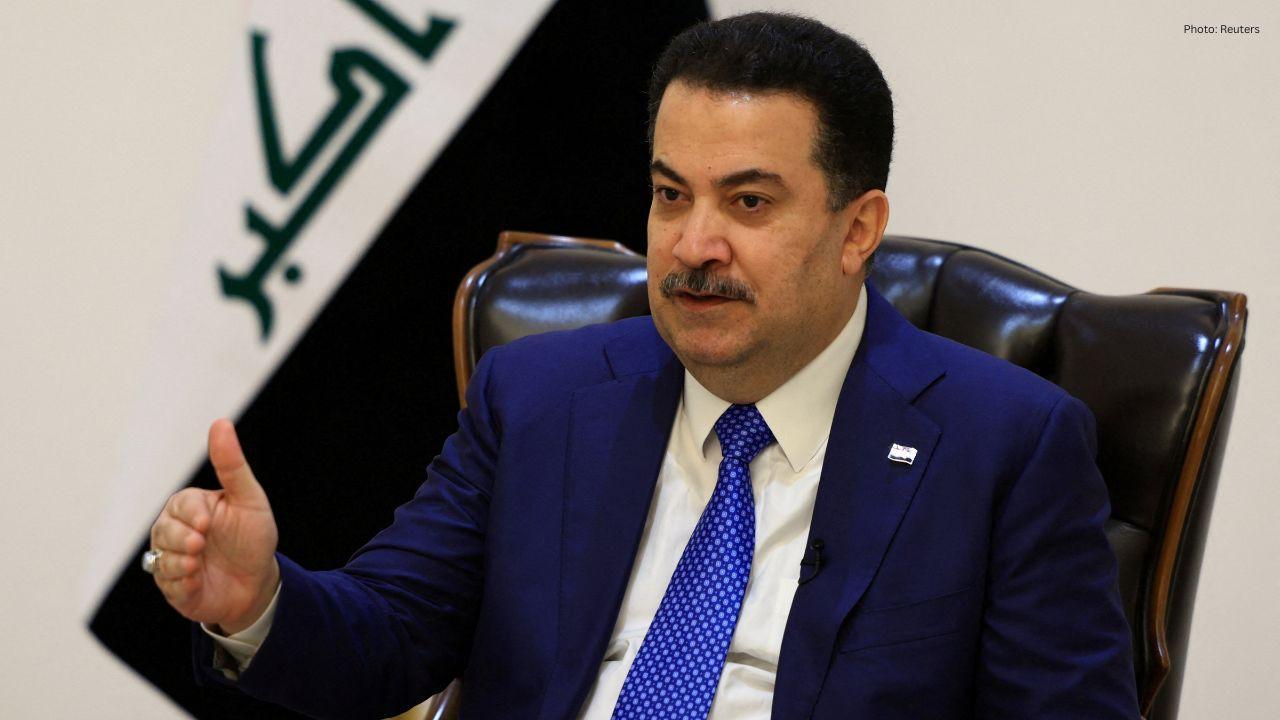
Post by : Saif Nasser
Iraqi Prime Minister Mohammed Shia al-Sudani has said that Iraq can only fully disarm armed factions once the United States and its coalition forces completely withdraw from the country. In an interview given in Baghdad, he explained that some Iraqi groups still see the U.S.-led coalition as an occupying force. Because of this, it is not possible to convince all armed groups to give up their weapons while foreign troops remain on Iraqi soil.
Sudani confirmed that Iraq’s government still plans to remove the multinational anti-Islamic State coalition by September 2026. He said that the main reason for the coalition’s presence — the fight against ISIS — no longer exists. “There is no ISIS. Security and stability? Thank God it’s there,” he said. “So give me the excuse for the presence of 86 states in the coalition.”
He added that once the coalition withdraws, Iraq will begin a clear and organized plan to make sure that all weapons are under the control of the state. He said groups that currently have their own armed wings could choose to join the country’s official security forces or enter politics peacefully.
Sudani also said that Iraq is now in a much safer position than before. He promised that no political or armed group would be allowed to pull Iraq into any new war. “Iraq is clear in its stance to maintain security and stability,” he said. “Only state institutions have the decision over war and peace.”
Since the U.S.-led invasion that toppled Saddam Hussein in 2003, Iraq has struggled to balance relations with both the United States and Iran. Over the years, Iran has gained strong influence in Iraq through armed groups that are part of the Popular Mobilization Forces (PMF), a large organization of mostly Shi’ite factions. These groups are officially under the Iraqi government but some of them remain close to Iran.
The United States has often asked Iraq to disarm or weaken these militias, especially those connected to Iran. However, Sudani explained that such a step cannot happen until foreign troops leave Iraq. He believes that Iraq must first prove its full independence before it can convince all sides to surrender weapons.
The U.S. and Iraq have already agreed on a plan for a gradual withdrawal of American troops, with a full exit expected by the end of 2026. A smaller drawdown of forces began earlier this year. Sudani said this process is continuing smoothly and that his government will ensure it happens without harming Iraq’s security.
In the same interview, the Iraqi leader also spoke about his government’s efforts to improve the country’s economy and attract more investment, especially from the United States. He said that many American companies are now becoming more active in Iraq.
Sudani mentioned a major new agreement with General Electric (GE) to build 24,000 megawatts of power — equal to the country’s entire current electricity generation capacity. He also referred to an agreement in principle with U.S. oil company Chevron for a project in southern Iraq’s Nassiriya region. This includes four exploration areas and development of oil fields already producing crude.
He praised another deal with the U.S. company Excelerate to supply liquefied natural gas (LNG), which has helped Iraq reduce its frequent power cuts. He also spoke positively about a new understanding with ExxonMobil to develop oil fields and build a new export system.
Sudani revealed that U.S. and European companies are also showing interest in a plan to build a fixed platform for gas imports and exports near Iraq’s Grand Faw Port. This would be the first project of its kind in Iraq.
He said the government has set a target to stop all gas flaring — the burning of natural gas during oil production — by the end of 2027. Iraq also wants to achieve self-sufficiency in gas and stop imports from Iran. “We burn gas worth four to five billion dollars every year and also import gas for another four billion. These are wrong policies,” Sudani said. “Our government is working to find solutions.”
On the political front, Sudani said he is confident of winning a second term in Iraq’s upcoming national elections on November 11. He is running against several established political parties within his ruling coalition. “We expect a significant victory,” he said, adding that he wants to continue his development programs and reforms.
He also expressed hope that voter turnout will be higher this year compared to last year’s 40% in parliamentary elections. Two decades ago, voter participation was close to 80%.
Sudani has built his campaign around the theme of development and progress. Many of his posters across Baghdad describe him as Iraq’s “builder-in-chief.” He has highlighted major road and bridge projects that his government has completed, including a new dual-carriageway along the Tigris River in the center of the capital.
He said he inherited over 2,500 unfinished infrastructure projects from previous governments but managed to complete many of them with much lower costs. Many Iraqis have praised the new roads, bridges, and buildings that have reduced traffic congestion in Baghdad and improved the city’s image.
However, his large development program has come at a heavy financial cost. Iraq’s three-year budget under his government is the largest in the country’s history — over $150 billion a year. He also added nearly one million people to the state payroll to help maintain social stability, though critics say it has increased pressure on government finances.
Sudani said he is not worried about Iraq’s economic situation because the country is rich in natural resources, especially oil and gas. But he warned that delays in reforms could harm long-term progress. “I am not worried about Iraq’s financial and economic situation,” he said. “My fear is that the implementation of reforms is delayed.”
In short, Prime Minister Sudani’s message is clear: Iraq wants to take full control of its own security and economy. But this can only happen after foreign troops leave and the government gains the trust of all political and armed groups. His leadership faces the difficult challenge of keeping both Iran and the United States as partners while protecting Iraq’s independence and stability.

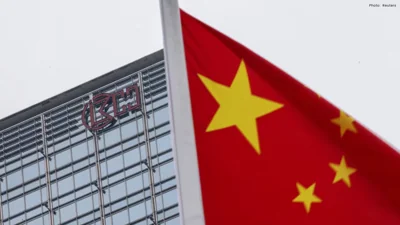
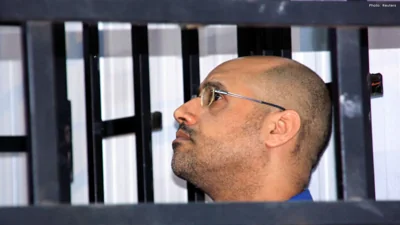
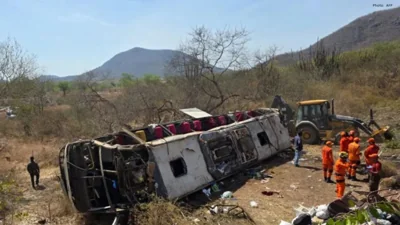
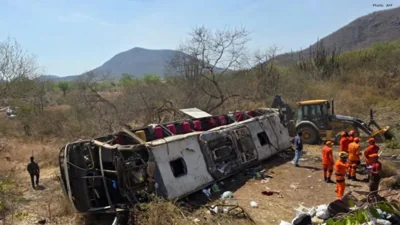
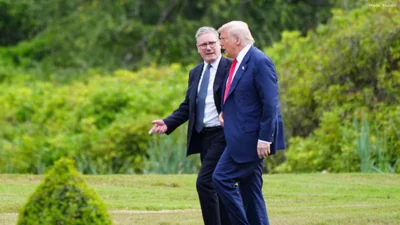
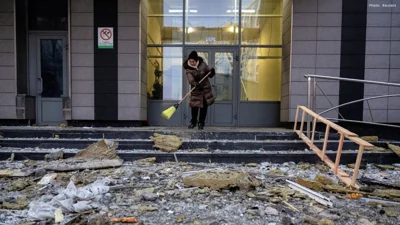
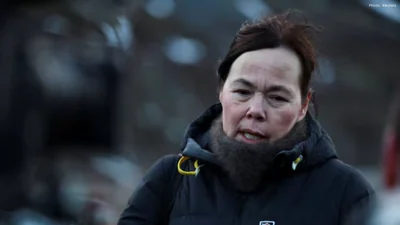
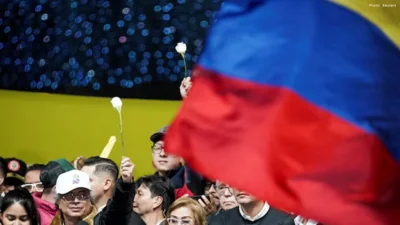

Mattel Revives Masters of the Universe Action Figures Ahead of Film Launch
Mattel is reintroducing Masters of the Universe figures in line with its upcoming film, tapping into

China Executes 11 Members of Criminal Clan Linked to Myanmar Scam
China has executed 11 criminals associated with the Ming family, known for major scams and human tra

US Issues Alarm to Iran as Military Forces Deploy in Gulf Region
With a significant military presence in the Gulf, Trump urges Iran to negotiate a nuclear deal or fa

Copper Prices Reach Unprecedented Highs Amid Geopolitical Turmoil
Copper prices soar to all-time highs as geopolitical tensions and a weakening dollar boost investor

New Zealand Secures First Win Against India, Triumph by 50 Runs
New Zealand won the 4th T20I against India by 50 runs in Vizag. Despite Dube's impressive 65, India

BTS Tour Sparks Global Demand: Mexico Appeals for Additional Shows
BTS' comeback tour creates immense demand in Mexico, prompting President Sheinbaum to urge more conc